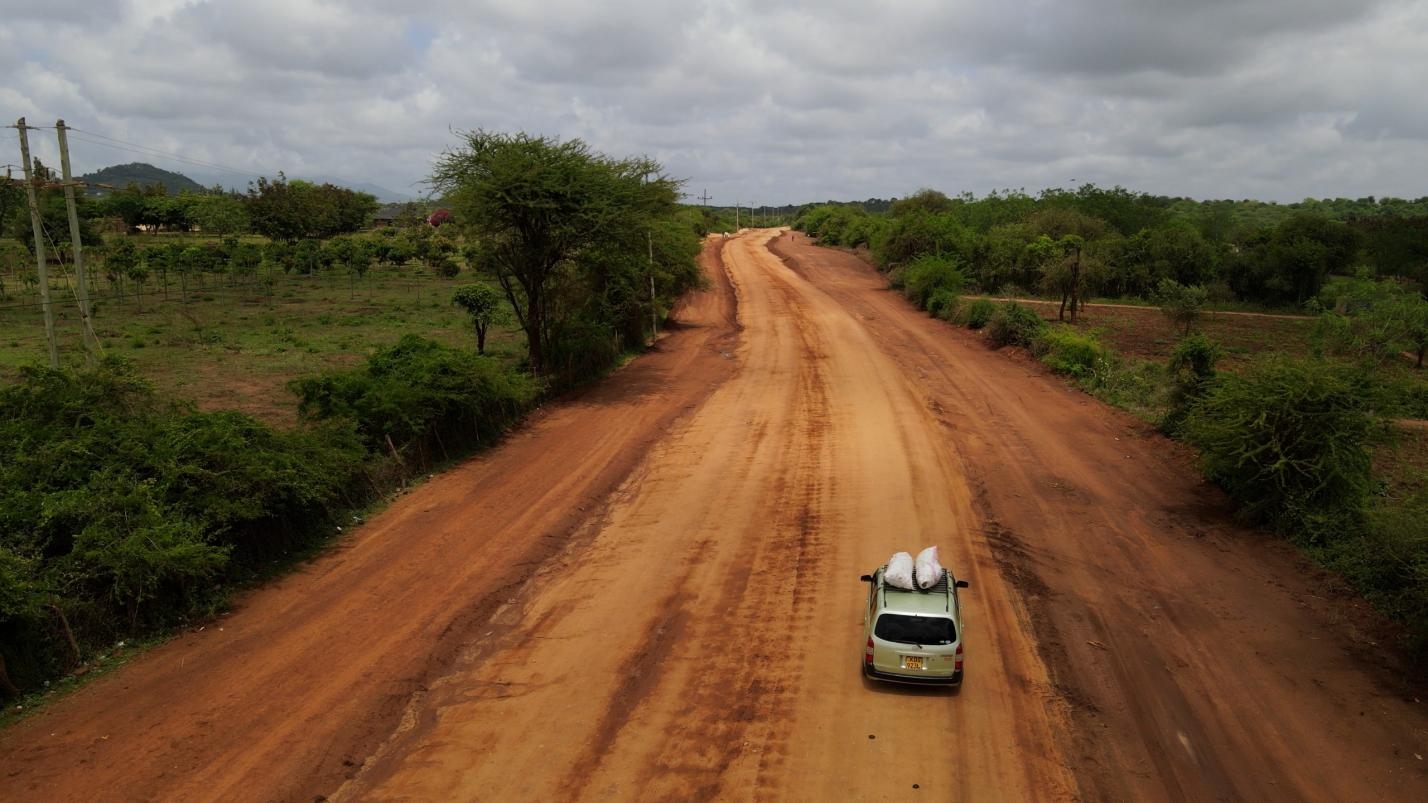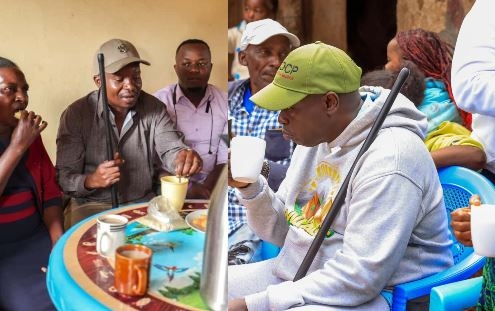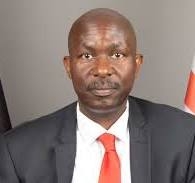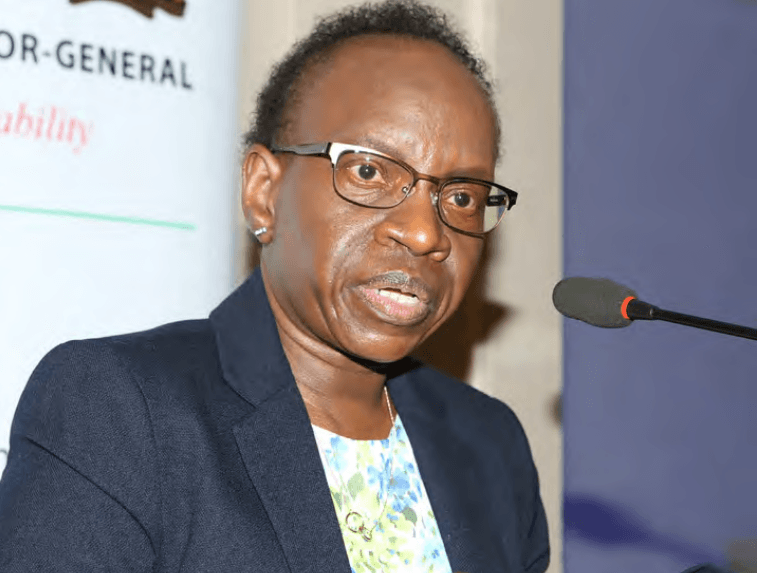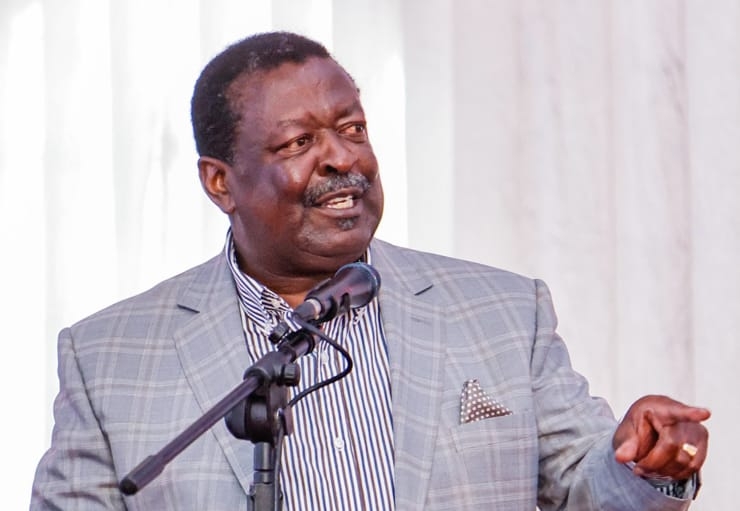Residents of Kaptarkwa area of Subukia subcounty, Nakuru can breathe a sigh of relief after the National Youth Service in collaboration with the office of the area MP drilled a borehole for them.
The area is among some of the Arid and Semi-Arid areas of the county that have been suffering perennial water shortages and loss of livestock due to prolonged dry periods.
The community donated 20 acres of land to NYS through Director General, James Kipsiele Tembol with an agreement that NYS will develop the Kaptarkwa farm which is a settlement scheme.
Local leaders said the 20-acre piece of land had been left free during sub-division as it was found to be unfit for agriculture but could be used for other development projects.
“The land is not arable but NYS can use it for other development projects because it has the financial capacity and technology to use it in whatever ways it wishes,” said the community chairperson, Wilson Sigirai.
First of the community’s needs was the provision of clean water which has been a big challenge for the residents followed by a school and access roads to enable them to transport their farm produce.
MP Samuel Gachobe who lobbied for the talks and agreement between the residents and NYS management said the project will benefit more than 2,000 households.
He added that the establishment of NYS facilities in Kaptarkwa which is in the most interior part of Subukia would open up the area for other development projects and external investors.
Gachobe said instead of limiting development projects in the areas to the National Government Constituency Development Fund, his office was going to enter into partnerships with other sponsors for the betterment of his constituents.
Women in the settlement scheme expressed joy saying that the water project marked an end to their suffering whereby they had to walk long distances to fetch water for domestic use.
Maureen Chebet said she used to walk two kilometres to Subukia River to fetch water and another two kilometres back.
“The water from the river was not even fit for consumption it was contaminated with pesticides from the farms upstream but we did not have an option,” she said.
Chebet said she would have more time for other home chores and farm work since she had a source of clean water closer to home.
Another resident, Richard Kipyegon said sufficient water supply in the area would save their livestock which have died due to drought.
He said the surplus would also ensure food security since they will be using it for irrigation.






